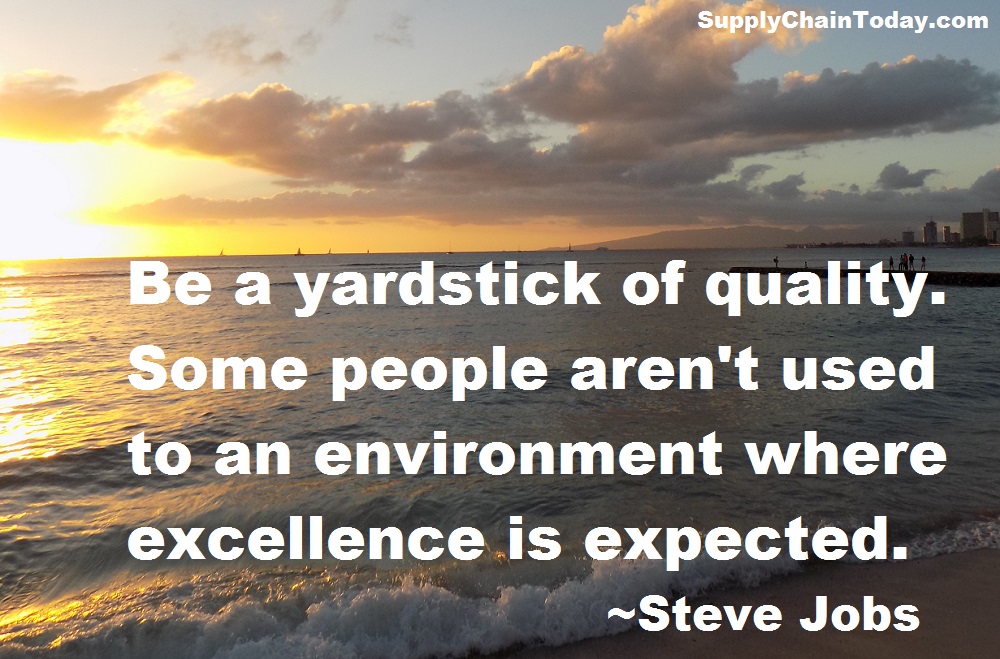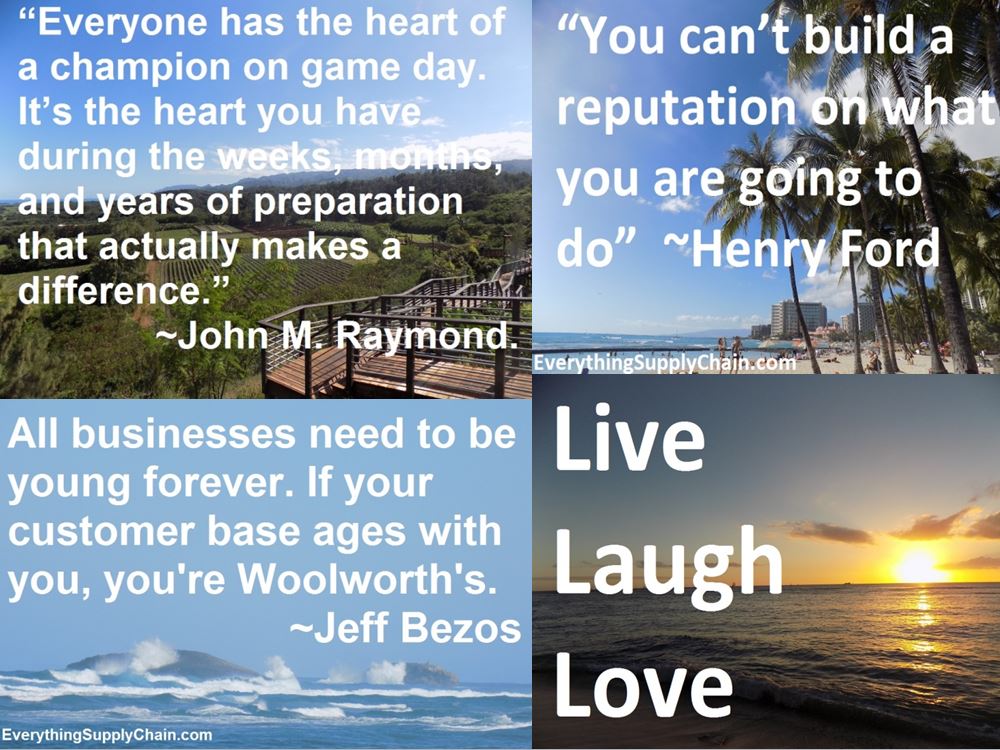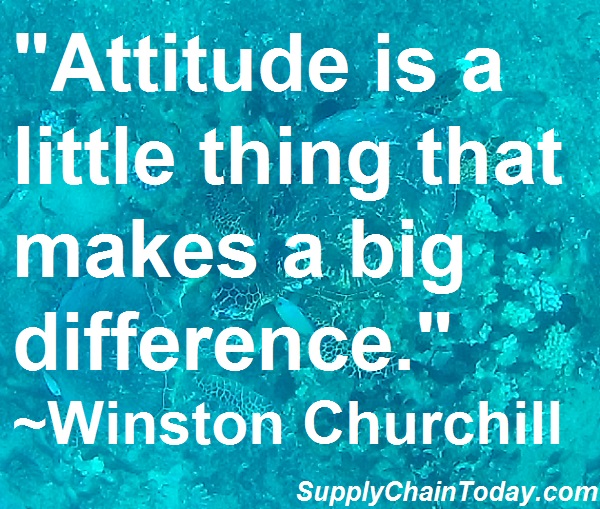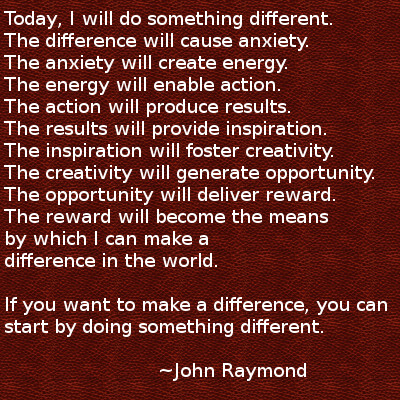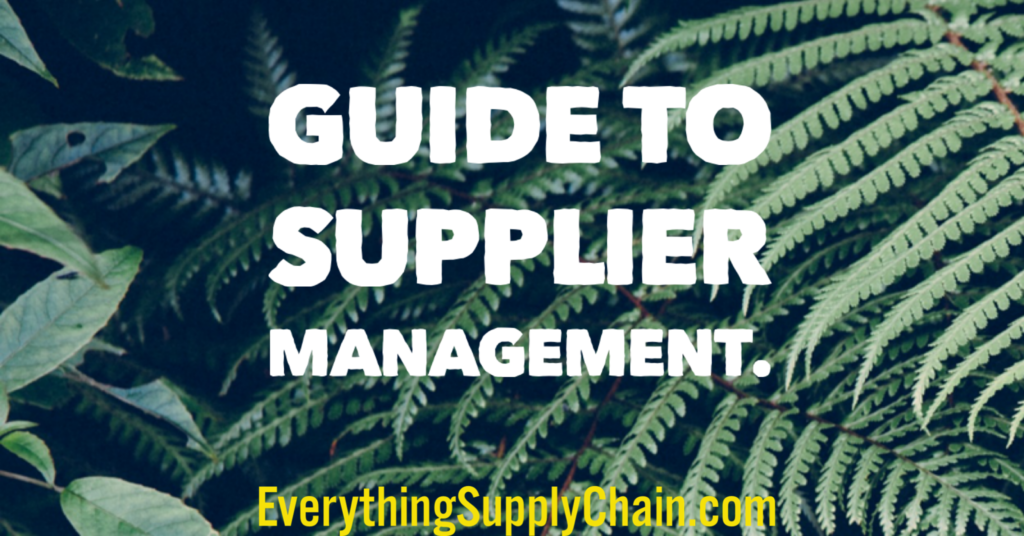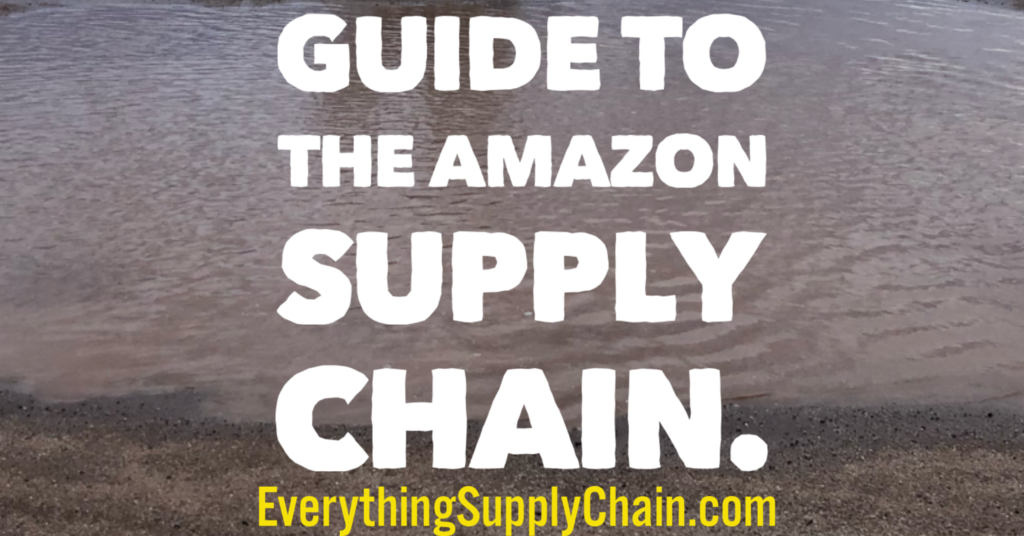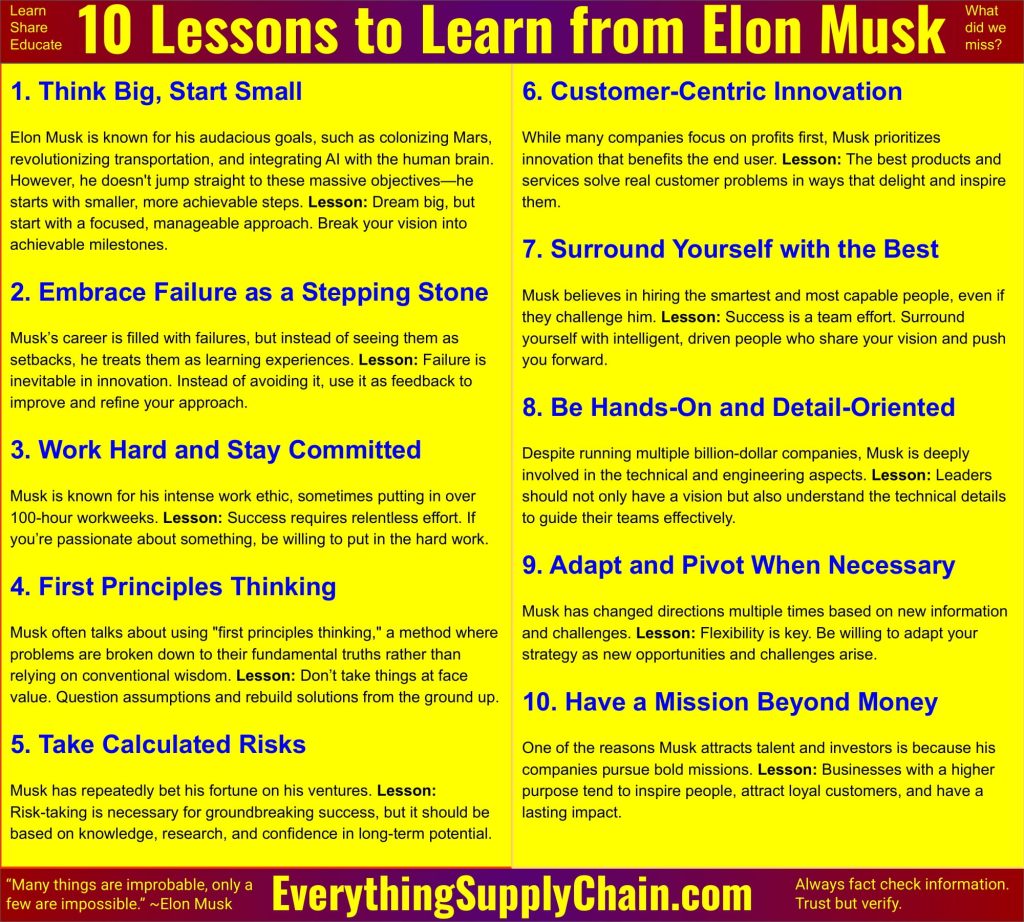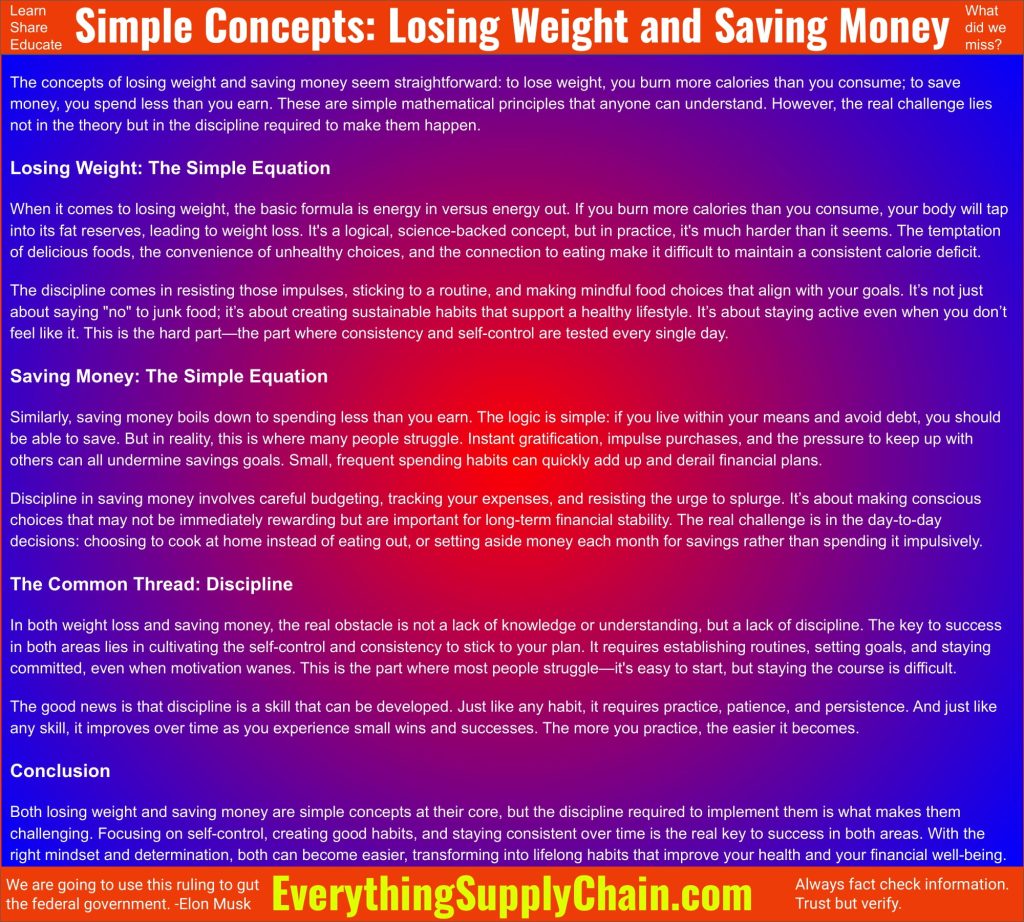What Not to Say in an Interview, and What to Say.
Here are things not to say in an interview. By avoiding these phrases and using alternatives that showcase your professionalism, interest, and skills, you’ll leave a strong and positive impression on your interviewers.
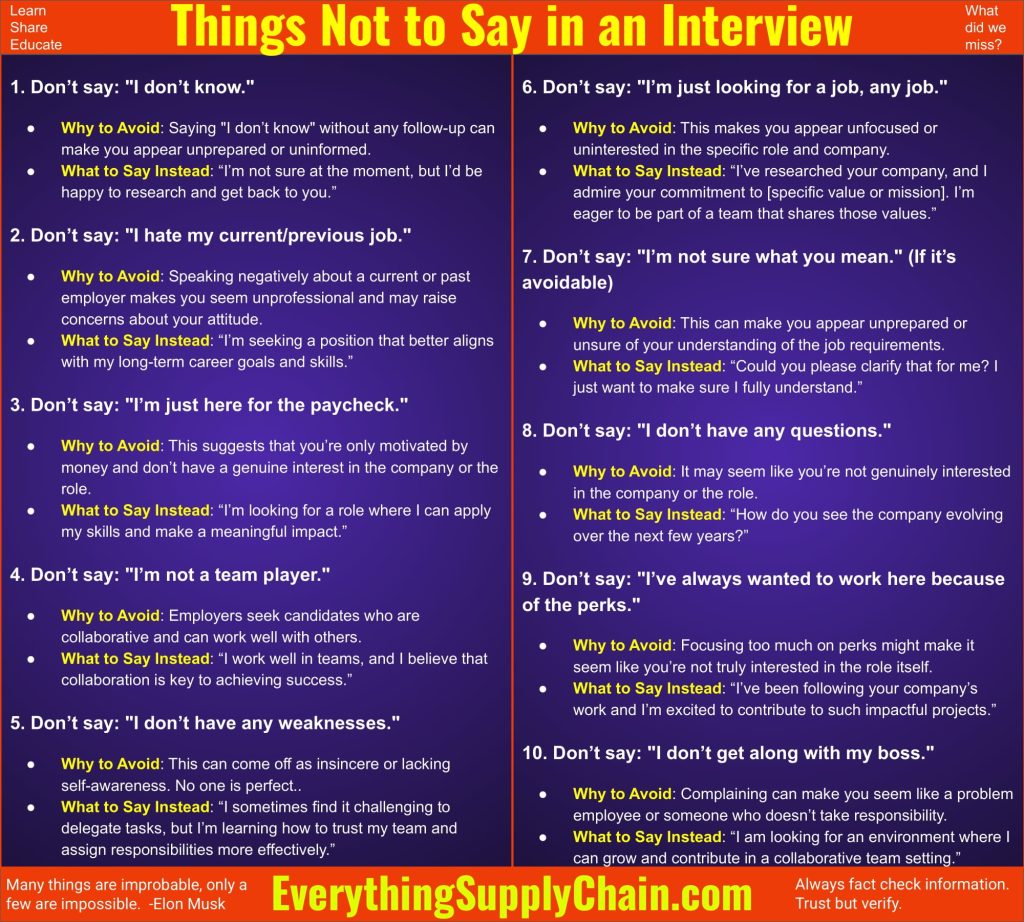
Further Details:
1. Don’t say: “I don’t know.”
- Why to Avoid: Saying “I don’t know” without any follow-up can make you appear unprepared or uninformed.
- What to Say Instead:
- “I’m not familiar with that, but I’m eager to learn more about it.”
- “I’m not sure at the moment, but I’d be happy to research and get back to you.”
- Reason: This shows that you’re proactive and open to learning, which is a valuable trait in any candidate.
2. Don’t say: “I hate my current/previous job.”
- Why to Avoid: Speaking negatively about a current or past employer makes you seem unprofessional and may raise concerns about your attitude.
- What to Say Instead:
- “I’m looking for new challenges and opportunities to grow professionally.”
- “I’m seeking a position that better aligns with my long-term career goals and skills.”
- Reason: This demonstrates your positive attitude, focus on growth, and professional goals.
3. Don’t say: “I’m just here for the paycheck.”
- Why to Avoid: This suggests that you’re only motivated by money and don’t have a genuine interest in the company or the role.
- What to Say Instead:
- “I’m excited about the opportunity to contribute to your team and to grow professionally.”
- “I’m looking for a role where I can apply my skills and make a meaningful impact.”
- Reason: This demonstrates that you are motivated by both career growth and contributing value to the company.
4. Don’t say: “I’m not a team player.”
- Why to Avoid: Employers seek candidates who are collaborative and can work well with others.
- What to Say Instead:
- “I work well in teams, and I believe that collaboration is key to achieving success.”
- “While I enjoy working independently, I also thrive in team environments where we can share ideas and support each other.”
- Reason: This shows you are flexible and adaptable in different work settings.
5. Don’t say: “I don’t have any weaknesses.”
- Why to Avoid: This can come off as insincere or lacking self-awareness. No one is perfect, and employers appreciate honesty.
- What to Say Instead:
- “One area I’ve been working on is improving my time management, and I’ve been using tools like calendars and task management software to better organize my work.”
- “I sometimes find it challenging to delegate tasks, but I’m learning how to trust my team and assign responsibilities more effectively.”
- Reason: Acknowledging areas for improvement and demonstrating how you’re working on them shows self-awareness and a commitment to professional growth.
6. Don’t say: “I’m just looking for a job, any job.”
- Why to Avoid: This makes you appear unfocused or uninterested in the specific role and company.
- What to Say Instead:
- “I’m particularly interested in this role because it aligns with my background in [specific skill or experience], and I’m excited about the potential to contribute to your team.”
- “I’ve researched your company, and I admire your commitment to [specific value or mission]. I’m eager to be part of a team that shares those values.”
- Reason: This demonstrates that you have a genuine interest in the company and the role, and you’ve thought carefully about why it’s a good fit for you.
7. Don’t say: “I’m not sure what you mean.” (If it’s avoidable)
- Why to Avoid: This can make you appear unprepared or unsure of your understanding of the job requirements.
- What to Say Instead:
- “Could you please clarify that for me? I just want to make sure I fully understand.”
- “I believe I understand what you’re asking, but I’d appreciate it if you could provide a bit more context to ensure I’m on the right track.”
- Reason: Asking for clarification shows that you are attentive, detail-oriented, and eager to understand the requirements thoroughly.
8. Don’t say: “I don’t have any questions.”
- Why to Avoid: It may seem like you’re not genuinely interested in the company or the role.
- What to Say Instead:
- “I’d love to know more about the company’s culture and how the team collaborates on projects.”
- “What does success look like for someone in this role during the first six months?”
- “How do you see the company evolving over the next few years?”
- Reason: Asking thoughtful questions shows that you are engaged, prepared, and thinking long-term about your potential fit with the company.
9. Don’t say: “I’ve always wanted to work here because of the perks.”
- Why to Avoid: While benefits and perks are important, focusing too much on them might make it seem like you’re not truly interested in the role itself.
- What to Say Instead:
- “I admire your company’s commitment to innovation and excellence in [specific field], and I believe my skills in [relevant skill] can contribute to that vision.”
- “I’ve been following your company’s work in [specific area], and I’m excited about the opportunity to contribute to such impactful projects.”
- Reason: This keeps the focus on your value to the company while still acknowledging that you’ve researched them thoroughly.
10. Don’t say: “I don’t get along with my boss.”
- Why to Avoid: Complaining about previous employers or supervisors can make you seem like a problem employee or someone who doesn’t take responsibility.
- What to Say Instead:
- “I’ve learned a lot from my past experiences and am looking for an environment where I can continue to grow and contribute in a collaborative team setting.”
- “While I had challenges in my previous role, they were great learning opportunities, and I’m eager to move forward in a new role that aligns with my career goals.”
- Reason: This shows maturity, professionalism, and a willingness to learn from past experiences.
Final Tips:
- Be Positive: Keep the tone of your responses positive, even when discussing challenges or weaknesses.
- Be Honest: While you want to present yourself in the best light, always be genuine and transparent.
- Be Prepared: Research the company and the role so you can tailor your answers and show your enthusiasm and suitability.
Interview Quotes
- “One of the most common mistakes for an entry-level job interview is to take the position: ‘What is this job going to do for me?’ You should be saying ‘Here’s what I can do and here’s what I want to do to help you.” ~Norah O’Donnell
- “Choose a job you love, and you will never have to work a day in your life.” ~Confucius
- “In looking for people to hire, look for three qualities: integrity, intelligence and energy. And if they don’t have the first, the other two will kill you.” ~Warren Buffett
- “If you’re offered a seat on a rocket ship, don’t ask what seat! Just get on.” ~Sheryl Sandberg
- “Believe in yourself! Have faith in your abilities! Without a humble but reasonable confidence in your own powers you cannot be successful or happy.” ~Norman Vincent Peale
- Just keep asking questions. Does this job allow me to be myself? Does it make me smarter? Does it open doors? Does it represent a compromise I accept? Does it touch my inner being? ~Suzy Welch
- “Find out what you like doing best and get someone to pay you for doing it.” ~Katharine Whitehorn
- “One important key to success is self-confidence. An important key to self-confidence is preparation.” ~Arthur Ashe
- “Convey your passion and link your strengths to measurable results. Employers and interviewers love concrete data.” ~Marcus Buckingham
Career Development Resources
- Advice from TOP CEOs: Elon Musk, Jeff Bezos, Tim Cook.
- How to get Promoted (or a Raise) with these 10 Tips.
- How to Start a Conversation with Anyone.
- 10 Reasons Good Employees Quit and How to Fix.
- 10 Steps to Better Decision Making.
